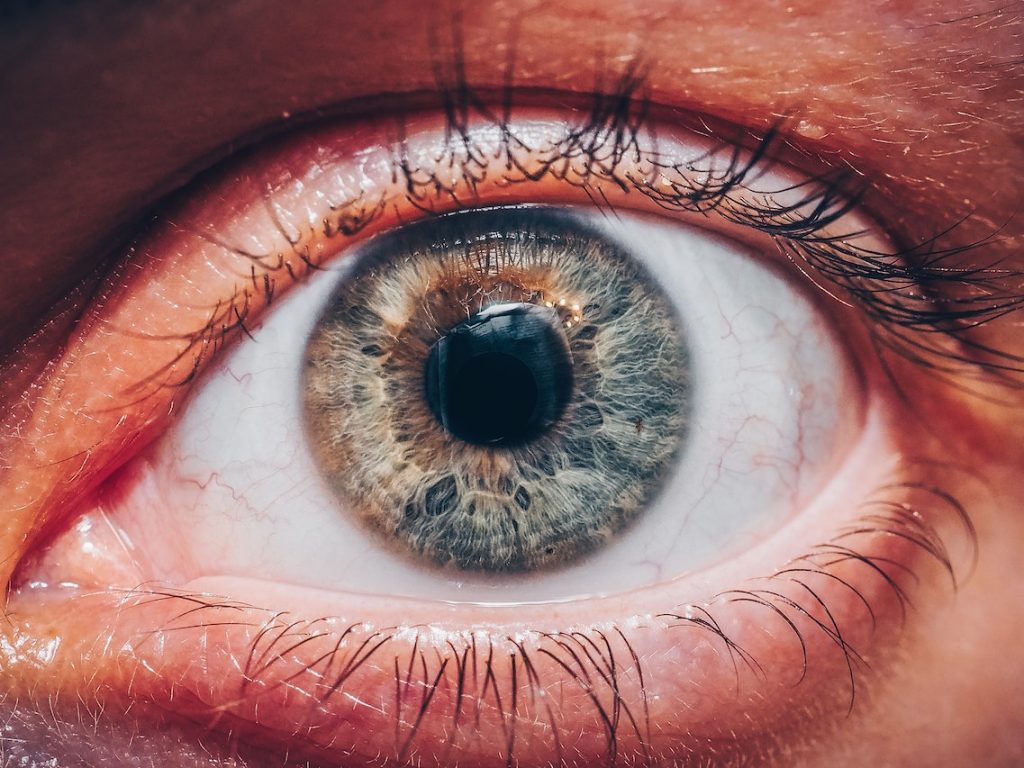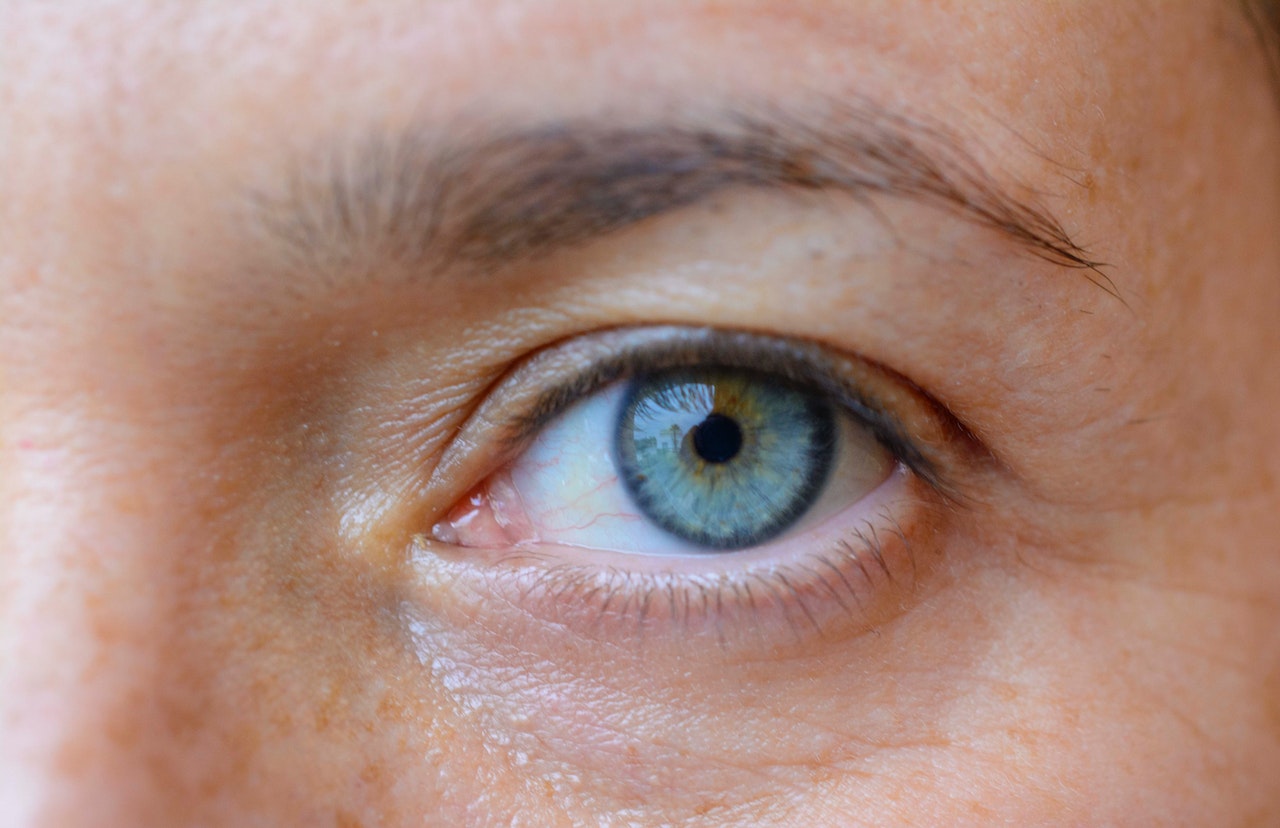Introduction
Vision problems can be debilitating and frightening, as they can make day-to-day tasks difficult and even dangerous. It’s no wonder that many of us want to know as much as possible about vision problems, from the causes and prevention measures to treatments and more.
In this blog post, we will dive into the world of vision problems—from signs, symptoms, and causes to treatments, prevention strategies, and more. By the time you finish reading, you should have a better understanding of how vision problems work and what steps you can take going forward if you or someone you know has a vision problem.
Visit our page to check some facts about Eyes: celebrities with sanpaku eyes
What are the different types of vision problems?
There are many different types of vision problems, including nearsightedness, farsightedness, astigmatism, and presbyopia. Nearsightedness, or myopia, is a condition in which objects that are far away appear blurry. Farsightedness, or hyperopia, is a condition in which objects that are close up appear blurry.
Astigmatism is a condition in which the eye does not focus light evenly on the retina, resulting in distorted vision. Presbyopia is a condition that results from the loss of elasticity in the eye’s lens, making it difficult to focus on close objects.
What are the causes of vision problems?
There are many different causes of vision problems, ranging from medical conditions to environmental factors. Here are some of the most common causes:
• Refractive errors: This is the most common cause of vision problems, and includes myopia (nearsightedness), hyperopia (farsightedness), and astigmatism. These conditions occur when the eye is unable to focus light properly onto the retina, resulting in blurred or distorted vision.
• Cataracts: A cataract is a clouding of the lens of the eye, which can lead to vision problems. Cataracts are usually caused by aging, but can also be caused by trauma, certain medical conditions, or prolonged exposure to UV radiation.
• Glaucoma: Glaucoma is a condition in which the pressure inside the eye increases, damaging the optic nerve and leading to vision loss. Glaucoma can be caused by a variety of factors, including genetics, age, and certain medical conditions.
• Macular degeneration: Macular degeneration is a deterioration of the central portion of the retina, which can lead to vision problems. Macular degeneration is usually caused by aging, but can also be related to genetics or other medical conditions.

How can you prevent vision problems?
There are a few things you can do to help prevent vision problems:
-Wear sunglasses or a hat when outside to protect your eyes from harmful UV rays.
-Eat a healthy diet that includes plenty of leafy green vegetables and fish.
-Exercise regularly to maintain good blood circulation.
-Quit smoking if you smoke, as it can damage your eyesight.
-See your doctor for regular checkups, especially if you have diabetes or another medical condition that could affect your vision.
One of the best ways to prevent vision problems is to have regular eye exams and take good care of your eyes. You can also help protect your eyesight by eating a healthy diet, wearing sunglasses and protective eyewear when needed, and not smoking. If you have a family history of eye disease, you may be at higher risk for vision problems and should talk to your doctor about ways to reduce your risk.
You know about a trending category of eyes. If not then click here to know some famous please people’s eyes stories: Celebrities with Sanpaku Eyes
How are vision problems treated?
There are a number of different ways that vision problems can be treated, depending on the underlying cause. For example, if you are nearsighted, your doctor may prescribe glasses or contact lenses to help you see more clearly. If you are farsighted, they may recommend refractive surgery to correct your vision.
Other common treatments for vision problems include eye exercises and vision therapy. These can be helpful for treating lazy eye, double vision, and other conditions. In some cases,eye surgery may be necessary to treat a vision problem. This is typically only done in severe cases where other treatments have not been successful.
Conclusion
Vision problems can range from minor annoyances to major issues that affect your quality of life. Taking good care of your eyes is essential in order to maintain healthy vision and prevent any issues from developing. It’s important to practice preventive measures such as wearing sunglasses, eating a balanced diet, and getting regular eye check-ups. If you experience any symptoms or changes in your vision, it’s best to visit an optometrist right away for diagnosis and treatment. With the right knowledge and precautions, you can keep your eyes healthy for years to come!
